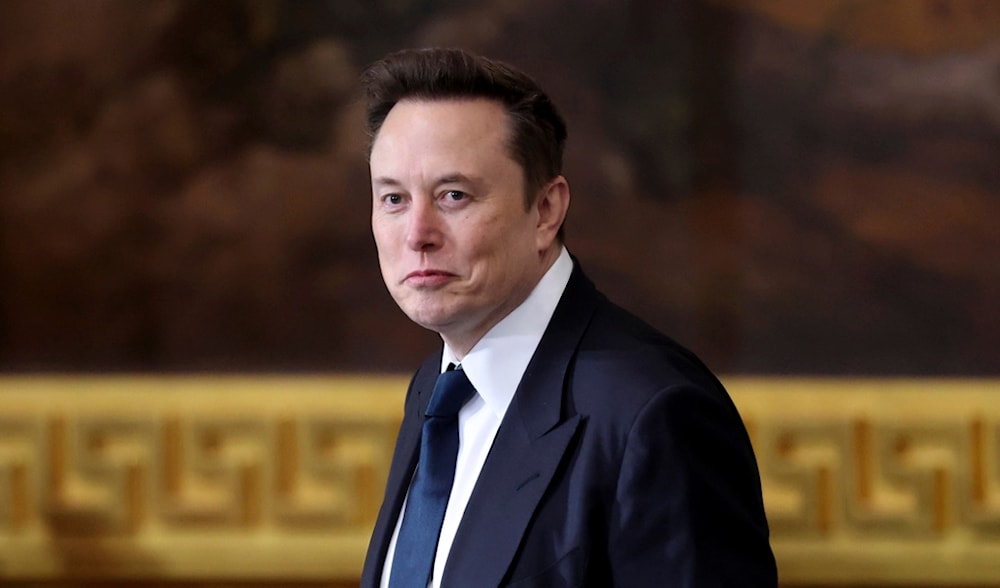Musk evades accountability, says not responsible for federal layoffs
Donald Trump and Elon Musk have been attempting to lift the responsibility off the billionaire's shoulders, saying the firing and hiring authority does not rest with him.
-

Elon Musk arrives before the 60th Presidential Inauguration in the Rotunda of the U.S. Capitol in Washington, Monday, Jan. 20, 2025. (AP)
Elon Musk has been privately assuring Republican lawmakers that he is not responsible for the mass layoffs of US federal workers sparking nationwide controversy.
Meanwhile, President Donald Trump reportedly reminded his cabinet secretaries on Thursday that hiring and firing decisions within their agencies ultimately rest with them—not with Musk.
Both influential figures appear to be attempting to distance Musk from the sweeping job cuts of the past two months, despite his public endorsement of such measures. The tech mogul has previously advocated for eliminating entire federal agencies, answered questions on the topic alongside the US president, and even wielded a chainsaw at an event to symbolize his stance—all while facing legal scrutiny and expert criticism.
According to the Associated Press, Musk reassured lawmakers facing backlash from constituents—including military veterans angered by the layoffs—that these decisions are made by individual federal agencies.
Despite mounting evidence suggesting Musk has wielded influence over federal firings, Representative Richard Hudson of North Carolina, who heads the House Republicans’ campaign arm, defended him on Thursday, saying, “Elon doesn’t fire people.”
“He doesn’t have hiring and firing authority,” Hudson added after meeting with Musk in the basement of the US Capitol. “The president has empowered him to uncover information, that’s it.”
Meanwhile, Politico reported that Trump informed his cabinet that Musk’s role is limited to making staffing recommendations rather than deciding personnel changes himself.
The Trump administration established and later expanded the so-called Department of Government Efficiency (Doge), appointing the unelected Musk to lead it.
Musk was tasked with cutting jobs and reducing costs across the federal government, despite criticism that the move reinforced a growing US oligarchy.
Earlier this week, Trump reaffirmed in a joint address to Congress that Musk remained in charge of Doge—a statement that was promptly cited as evidence in a lawsuit challenging the job cuts, despite previous denials from both Musk and the administration.
On Thursday, Trump stated that he had directed department secretaries to collaborate with Doge but emphasized the need for a careful approach, instructing them to be "very precise" in determining which employees would be retained or dismissed, using "a scalpel rather than a hatchet."
Thousands of federal jobs cut, hundreds of buildings leased
On Tuesday, the Trump administration released a list of over 440 federal properties it planned to close or sell, including the FBI headquarters and the Department of Justice building, citing that they were "not core to government operations."
However, just hours later, a revised list was issued, trimming the list to 320 properties, none of which were in Washington, DC. The General Services Administration did not immediately comment on the changes.
In February, Reuters reported that thousands of federal employees across multiple US government agencies have been dismissed as part of President Donald Trump's sweeping effort to shrink the federal bureaucracy—a campaign spearheaded by his adviser, Elon Musk.
The cuts, affecting departments responsible for nuclear security, public lands, and health programs, have already resulted in the loss of more than 9,500 jobs in one week, with additional layoffs expected.

 3 Min Read
3 Min Read








